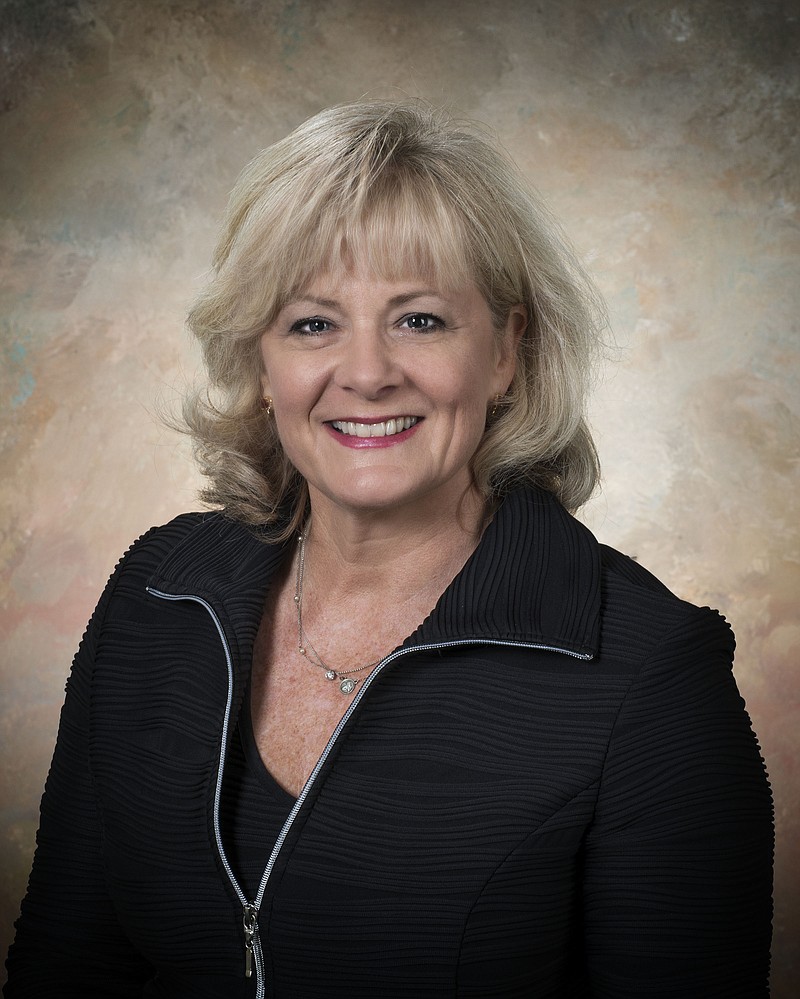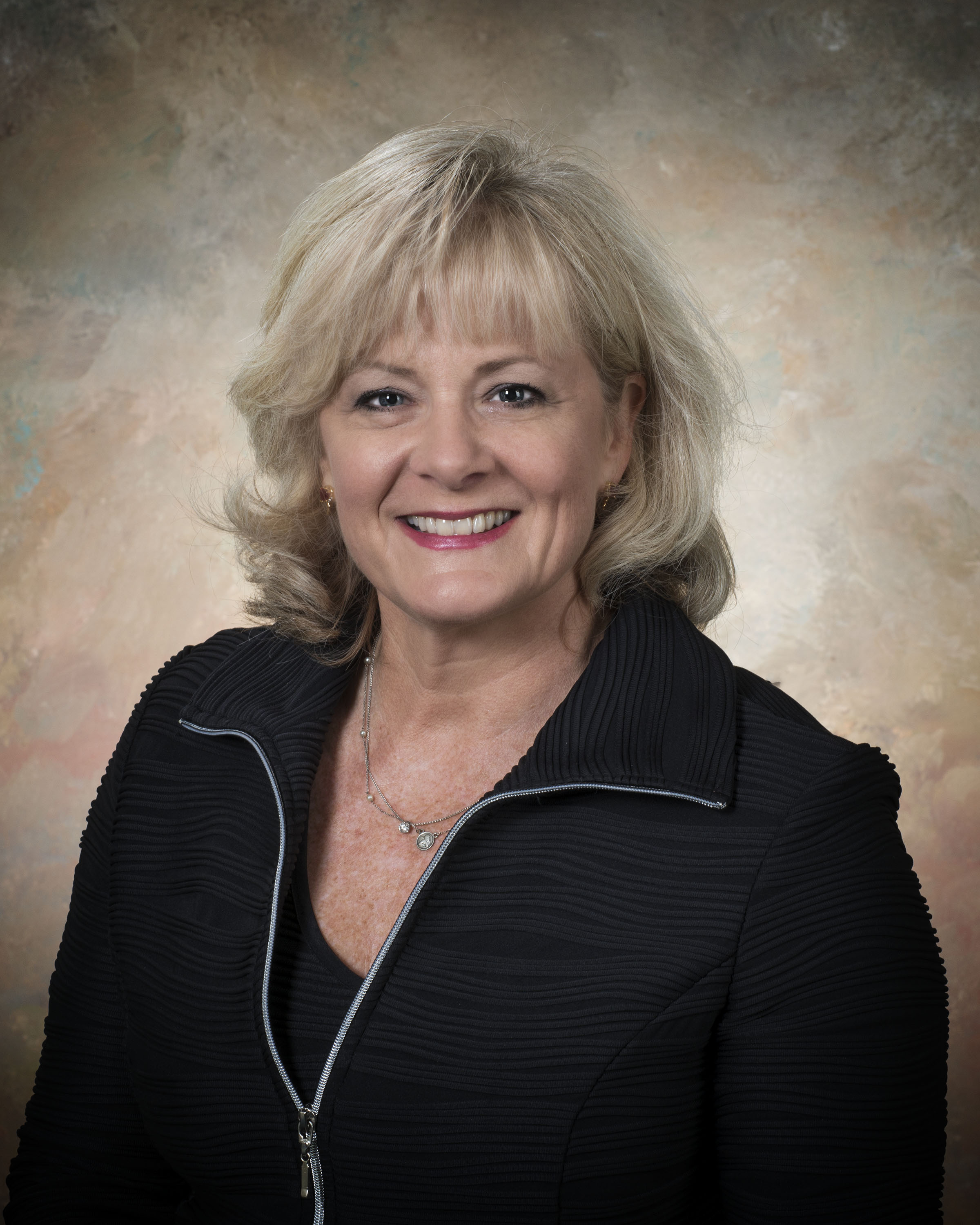At NASA, we know what it's like to dream big. NASA was born from the urge to make dreams of space exploration come true, and our engineers, scientists and technologists know firsthand what it takes to develop big dreams into remarkable realities. They've put bootprints on the moon and built the International Space Station, an orbiting laboratory that's been crewed by teams of researcher-astronauts from around the world, around the clock, for more than 15 years. Another big dream has put NASA on a journey to Mars.
Growing up in Hartselle, Ala., I'd stare up at the moon and stars and feel that urge to explore the solar system. Today, I'm excited to be part of NASA team making dreams of deep-space exploration come true. And I'm honored to join with the team at Chattanooga Engineers Week to mark Engineering Week 2017 by encouraging students and dreamers of all ages to join us on this journey.
America is building the most powerful rocket in the world. NASA's Space Launch System is designed for human deep-space exploration and has the power to make the dream of astronauts on the Red Planet come true as early as the 2030s. Getting crews to a place like Mars requires many things: life support equipment, habitats and experiments, just to name a few. SLS's unprecedented capability makes it easier to transport everything needed while reducing round-trip time. It can do this because SLS was designed from the start to take advantage of more than five decades of investments in technology, facilities and a skilled workforce right here in the Tennessee Valley.
NASA's Marshall Space Flight Center in Huntsville, Ala., where I work is essential to human space flight, and Tennessee is essential to our mission success. Scores of our team members drive from Tennessee to work at Marshall every day. We contract with Tennessee businesses, large and small, for vital services and equipment - nearly $31 million supporting some 120 Tennessee jobs in 2015 alone.
But I'm confident in saying the Volunteer State's greatest impact on NASA's mission is still to come: The next generations of American engineers and scientists are among the young women and men sitting in Tennessee classrooms right now, from kindergartens to universities. And they will be needed. We'll need artists and designers, too. But we're facing a numbers problem as employees in science, technology, engineering and math-related careers retire in the coming years. Statistics show that fewer of today's students are choosing to pursue STEM-related fields, and that women and people of color are greatly underrepresented in the ranks of engineers. Diversity and inclusion are vital to our future, and not only at NASA. I urge parents, educators, employers, my fellow engineers - everyone - to support activities that nurture broad student interest in STEM fields, and to seek opportunities to mentor the generation that will get us to Mars.
I'm proud that Marshall's education and outreach programs are having a real impact. We have Space Act Agreements with two Tennessee schools through our "High school students United with NASA to Create Hardware" program, or HUNCH. Tennessee is also well-represented each year in the NASA Human Exploration Rover Challenge, and Vanderbilt University's team won NASA's Student Launch challenge for four years in a row!
But it doesn't take formal programs to encourage curiosity and exploration. My family probably didn't realize it, but they were profoundly influencing my future when they encouraged and taught a young girl to not be afraid to run machinery on our small farm, taught me to ask questions and get my hands dirty, and surprised this would-be astronomer with a small telescope to gaze into the night sky.
Thanks to them and many mentors along the way, I became an engineer and have a NASA career for which I'm deeply proud and grateful, helping bring the many benefits of space exploration and discovery down to Earth. I challenge everyone to dream big, both for themselves and to be part of engineering a greater future for all.
Jody Singer is deputy director of NASA's Marshall Space Flight Center in Huntsville, Ala. She will be the keynote speaker for the Chattanooga Engineers Week Awards Banquet tonight.

